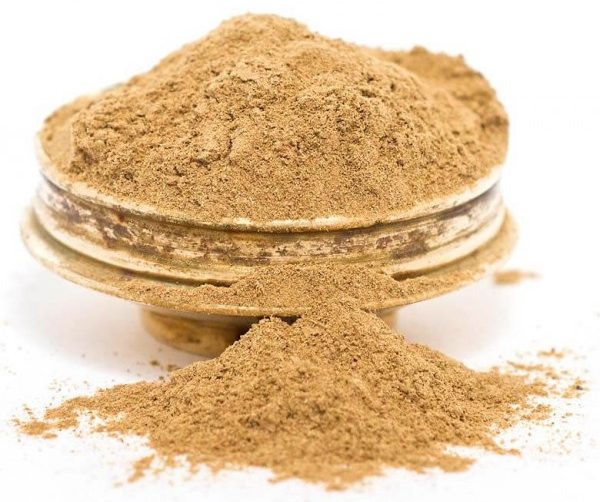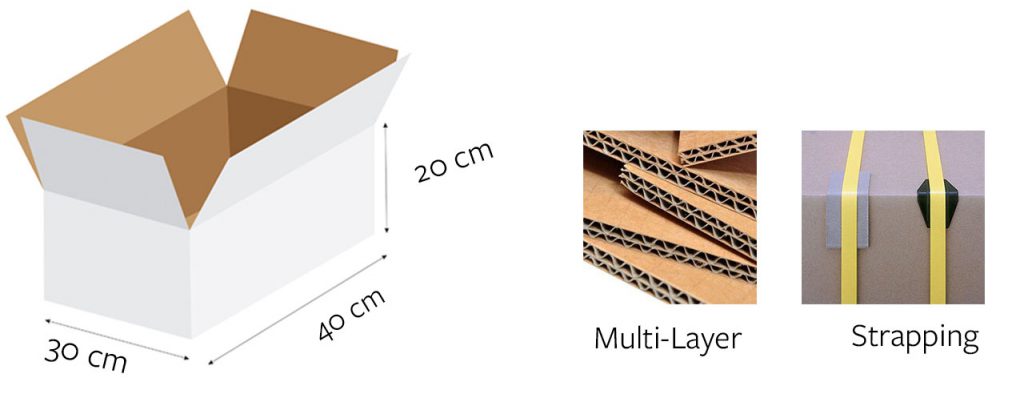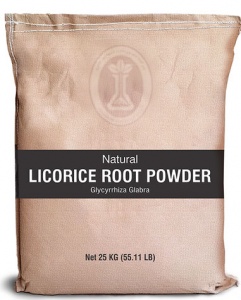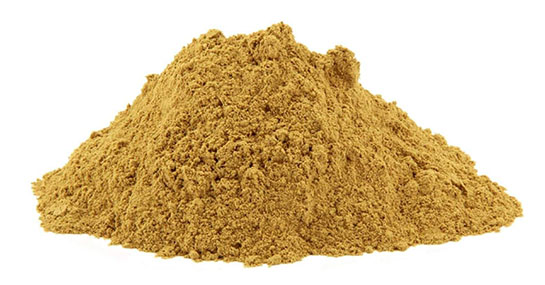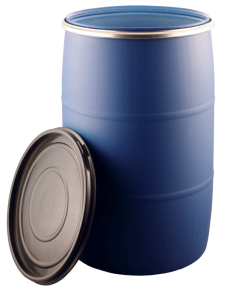Licorice is one of the oldest therapies and one of the most widely used and studied medicinal plants. Licorice is effective in helping to combat body odor due to its antibacterial properties and is also used as a lubricant in enema or enema (enema, dipping water or any other liquid into the large intestine to clear it). Licorice in the reduction of age spots and the treatment of allergies, “tendonitis” (tendonitis, inflammation of the tendon with microscopic tears), “bursitis” (bursitis, bursitis; sacs are sacs containing synovial fluid around the joints that reduce friction between the joints And toxicity from food or chemicals is effective. Licorice (if used in moderation) enhances the effects of other herbs and helps to induce a sense of calm and health.
In summary, the health benefits of licorice include relief from oral plague, stomach disorders, respiratory illnesses, premenstrual syndrome, stomach ulcers, and menopausal problems. Licorice is also useful in fighting various types of infections such as herpes, HIV, hepatitis and shingles. In addition, licorice is effective in treating rheumatoid arthritis, diabetes, cancer, chronic fatigue syndrome, tuberculosis, neurological disorders, gynecological problems and obesity, and helps lower blood cholesterol levels. Licorice extract contains phytoestrogens that are effective in detoxification, skin and hair health, dental health and the immune system. In addition, licorice helps treat depression. This plant is used to treat cough in the composition of cough syrups. This plant is effective due to the numerous vitamins and minerals the body needs for the digestive system as well as strengthening the immune system;
